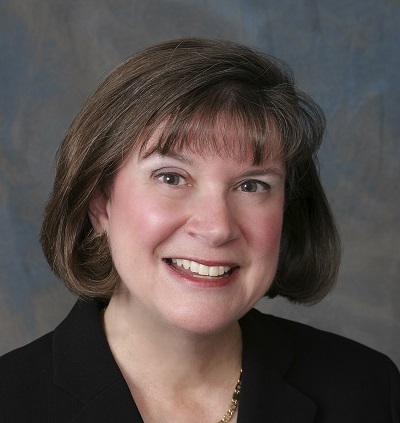Quick Takes
Leonard Lopate returns to public radio after WNYC firing
The former WNYC host's new show is on two stations in New York and Connecticut.Senate confirms nominations of two CPB Board members
The Senate confirmed the nominations of Ruby Calvert and Laura Gore Ross Thursday.PBS, KPBS partner with military-themed film festival for nationwide rollout
The San Diego station will hold the flagship festival, featuring awards and premieres.Texas lawmaker asks PBS to help restore service in Rio Grande Valley
“This issue has been specific to the many in South Texas who still rely on antennas to view this station via airwaves,” ...Two KJZZ executives placed on leave during investigation
The station's licensee is responding to anonymous allegations against the two executives.Pennsylvania’s PBS39 will add 10 journalists to support new nightly newscast
The project marks the “largest non-capital investment that PBS39 has ever made,” according to the station.Another school district pulls public media game about slavery
A Pennsylvania district will reportedly no longer use Mission US: Flight to Freedom due to complaints from parents.Grant supports mentorship program to boost women in pubcasting ranks
Public Media Women in Leadership has received funding for a three-year program.NPR adds Congress editor from CNN
NPR also announced the head of a station collaboration on election coverage.Utah’s Brigham Young walks back plan to drop classical format on KBYU
The university will air a variety format on a station purchased from Community Wireless of Park City.CPB names Jan Schaffer as ombudsman
Schaffer founded the J-Lab journalism institute and has taught media entrepreneurship and social journalism.CPB ups federal funding request to $455M for FY21
CPB also asked for $20 million for interconnection and $30 million for Ready To Learn.Missouri public broadcasting tower collapses, killing one worker
Three other crew members suffered minor injuries.Public broadcasters, nonprofit media receive grants to use Hearken and GroundSource
The Community Listening Engagement Fund awarded $241,000 to subsidize costs of platforms that help newsrooms integrate journalism into their communities.SCPR challenges trademark for in-flight Wi-Fi brand
SCPR is fighting against a trademark application that it says is too similar to its AirTalk trademark.



